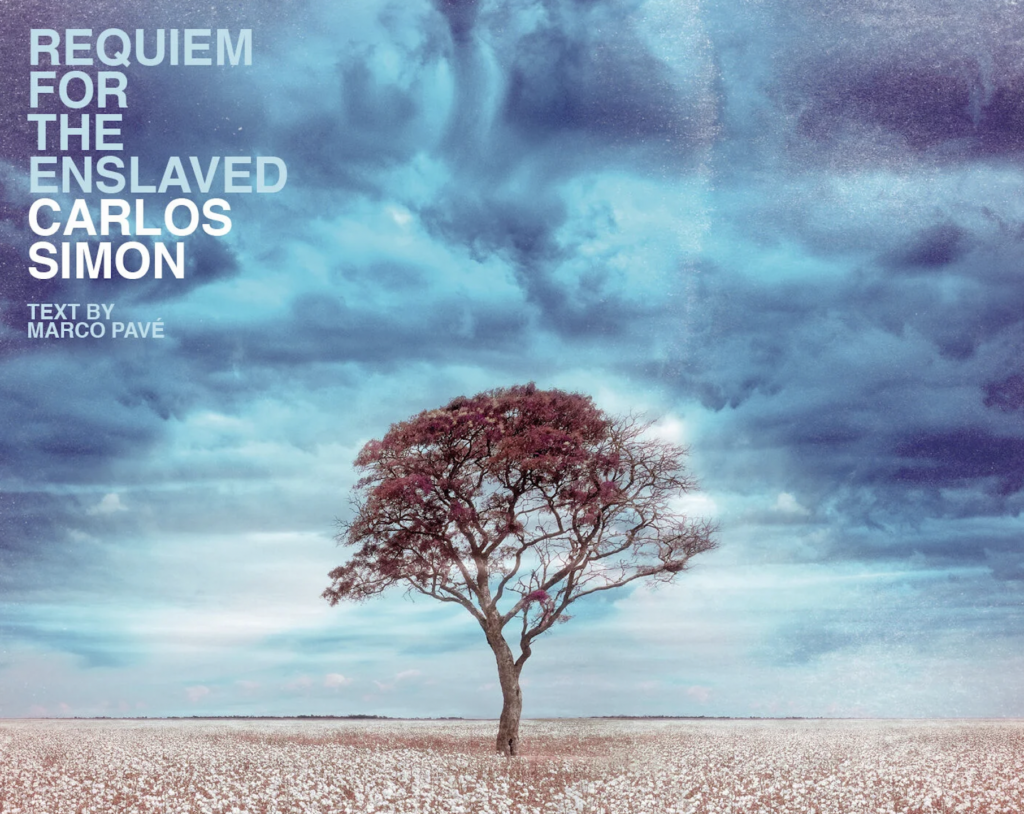Georgetown University hosted the launch event for its Center for the Study of Slavery and Its Legacies (CSSL), which will study the history of slavery while highlighting its past and current impacts.
The Center, which was launched in Gaston Hall on Sept. 19, is part of Georgetown’s ongoing effort to acknowledge its role in the institution of slavery. In 1838, members of Maryland’s Society of Jesus, who managed Georgetown at the time, sold 314 people, known as the GU272+, to Southern plantation owners to keep Georgetown financially afloat.
Since 2015, Georgetown has taken steps to work to understand and acknowledge its role in the establishment of slavery, including awarding descendants of the GU272+ preferential treatment in admissions.
Georgetown University President John J. DeGioia (CAS ’79, GRD ’95) said the university’s steps towards studying the GU272+ has created greater engagement with Georgetown’s history with slavery, culminating in the CSSL’s creation.
“Our work in slavery, memory and reconciliation over these years has enabled us to more deeply engage our past, our participation in the institution of slavery, the benefit we received from the sale of more than 272 enslaved children, women and men from Jesuit plantations in Maryland in 1838 and to pursue a path of reconciliation,” DeGioia said at the event.

According to a university spokesperson, Georgetown first conceived the idea for the CSSL in 2016 on a suggestion by the university’s Working Group of Slavery, Memory and Reconciliation. The group recommended that Georgetown establish a center to pursue academic endeavors related to this history.
“We are proud that the Center for the Study of Slavery and Its Legacies started its first full academic year with such a special community event, grounded in honoring the children, women and men who were enslaved, and bringing together not only our Georgetown community but members of the Descendant community, and the Washington, DC, community,” the spokesperson wrote to The Hoya.
The event centered on a performance of “Requiem for the Enslaved,” a Grammy-nominated classical composition paying tribute to the GU272+ composed by Carlos Simon, an associate professor in Georgetown’s department of performing arts and the composer-in-residence for the John F. Kennedy Center for the Performing Arts.
History professor Adam Rothman, who curates the Georgetown Slavery Archive, a collection of archival documents on the university’s history with slavery, is the Center’s founding director.
Rothman said that the requiem is a perfect example of the multidisciplinary, grassroots approach the CSSL hopes to bring to scholarship.
“Professor Simon’s Grammy-nominated ‘Requiem’ offers a model, an example of what Georgetown’s new Center for the Study of Slavery and Its Legacies hopes to foster and achieve,” Rothman said at the event. “We must learn our history well and teach it fully, using all of the tools at our disposal, including the arts, to do so.”
Rothman reflected on the community and legacy “Requiem for the Enslaved” commemorates.
“When I hear this powerful requiem by Carlos, I’m reminded not just of the enslaved. People like Margaret Smallwood, who were buried in the Georgetown College graveyard in 1837. The records describe her as a slave of the college,” Rothman said.
“Neely Hawkins, who was buried in the Immaculate Heart of Mary Cemetery in Maringouin, Louisiana, in 1902 — he was one of the GU272 — but also those we have lost more recently. We mourn them too,” Rothman added.
“Requiem for the Enslaved” draws influence from both classical and contemporary sources. Traditional spirituals along with the solemn tolling of plantation bells, once used to signal daily schedules to enslaved people, marked a stark contrast against the ensemble of orchestral instruments and spoken word elements of the piece.
According to Simon, the piece sought to answer one vital question.
“What would the ancestors say if we called on their spirits?” Simon asked at the event. “You can’t know where you’re going unless you know where you’ve been.”
The performance began with a chant of “Isaac,” commemorating Isaac Hawkins, the first name to be listed in records of the Jesuits’ 1838 sale of enslaved people, against a backdrop of a quartet of winds and strings.
The performers included Hub New Music, an ensemble comprised of Micheal Avitabile, Jesse Christeson, Gleb Kanasevich and Meg Rohrer; Marco Pavé, Georgetown University’s Grammy-nominated hip-hop artist-in-residence; and MK Zulu, a Grammy-nominated trumpeter, rapper and singer from Forestville, Md. Pavé wrote and performed spoken word parts of the requiem, while MK Zulu played trumpet.
Tierra Cunningham (CAS ’25), an event attendee, said the opportunity to hear the requiem was moving.
“I was really excited that Georgetown is giving this opportunity for the voiceless and the 272 to be recognized,” Cunningham told The Hoya. “It depicted how music can make you feel something.”
DeGioia hailed the descendant community as well as Georgetown faculty, students and staff who have contributed to the creation of the CSSL.
“You have shared your families’ stories, you have committed to support our efforts at reconciliation, you’ve pursued scholarship and research,” DeGioia said. “You’ve sought to deepen our commitment to racial justice and equity right here in our Georgetown community and in so many communities around the world.”




















